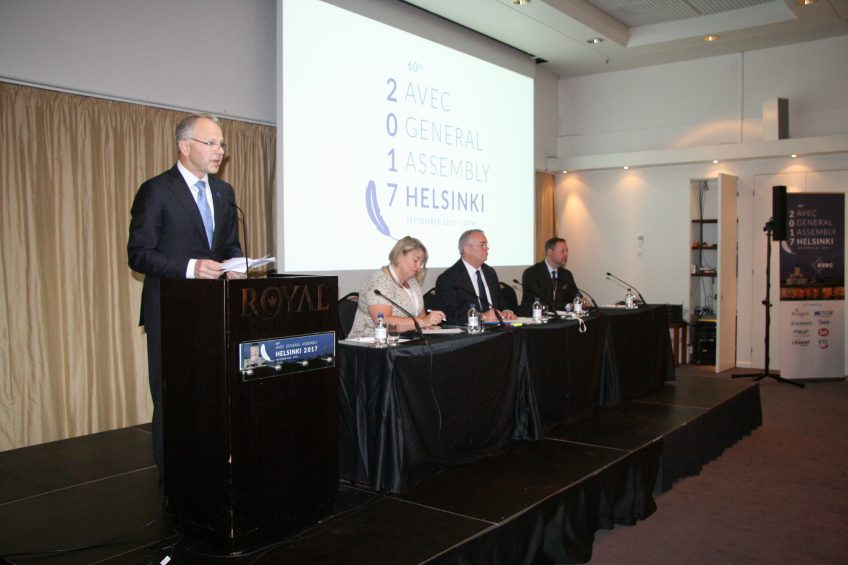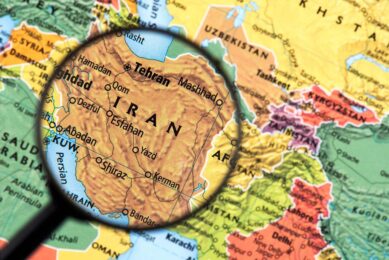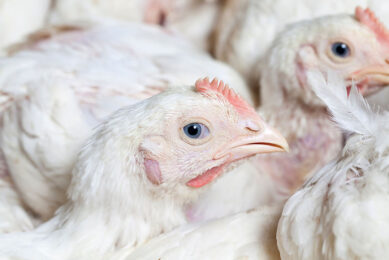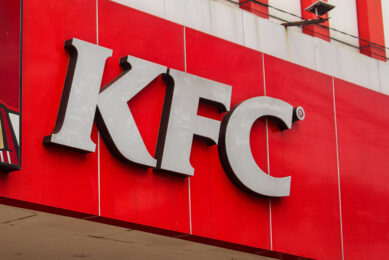Balance consumer demands and competiveness

Poultry meat production in the European Union sets the standards for the rest of the world. If it is about animal welfare, reduced usage of antibiotics or meat quality, the EU is leading. As a consequence its cost price level is among the highest in the world as well. That is the main concern for AVEC, the European poultry processors association.
According to AVEC president Paul Lopez his members are continuously challenged to balance demands of European citizens and the industries competitive power on the global market. During the yearly General Assembly in Helsinki, Finland, more than 130 delegates active in all parts of the poultry value chain have participated in the event to discuss this year’s theme.
Lopez addressed a common concern among the European processors: ‘’We want to cater to the demand of our home markets, but that should also mean that there are equal demands for imported meat.” AVEC sees that they are far from a so called level playing field. ‘’Ukraine want to comply to our set of rules and regulations, but was granted a period of many years to grow to our level. The situation with Brazil is even more off course. We see that up to 10% of all imports to the EU are rejected on the grounds of poor quality and bacterial contamination. How is it possible that there are negotiations underway to give such a country even more access to our markets.”
This is of crucial importance to reassure the EU consumers that imported poultry meat meets the same high standards as poultry meat produced in the EU. The “equivalent” requirements applying to third countries do not reflect all the standards EU producers have to comply with from farm to fork. Therefore AVEC is calling for the respect of identical standards all along the food supply chain. Considering this differential treatment, EU consumers must be informed on the origin of the meat imported from third countries. Therefore, AVEC advocates that all products containing poultry meat should be labelled with the origin with EU or non EU + name of the country in case it is not coming from the EU.
Export opportunities
Paul Lopez continued to the export side where he pointed out that Asia represents the best opportunities for the European poultry sector. Especially as the demand in these countries and Europe complements one another. As a consequence, he welcomed the opening by the EU-Commission of the Japanese market and asked for the support of the Commission in opening the Chinese markets where there is a strong demand for products that are less preferred by EU consumers.
On a less positive note, since 2015, the EU poultry meat producers have been confronted with a protectionist attitude of the South African authorities who have adopted several measures to limit the access to EU poultry meat products to their market. He called out for the EU authorities to proactively defend the interests and the integrity of the poultry meat sector in cases like this. In 2016/17, the EU poultry meat sector faced one of the most severe Avian Influenza crisis in history. In addition to the losses due to the infection and the culling of millions of birds, the closing of the borders of trade partners has caused huge economic losses for all operators in the poultry meat chain. Some importing third countries are clearly using SPS issues as a tool to protect their market, adopting practices that are going completely against international standards and very firm stances at high political level are necessary to prevent these abuses in the future.













